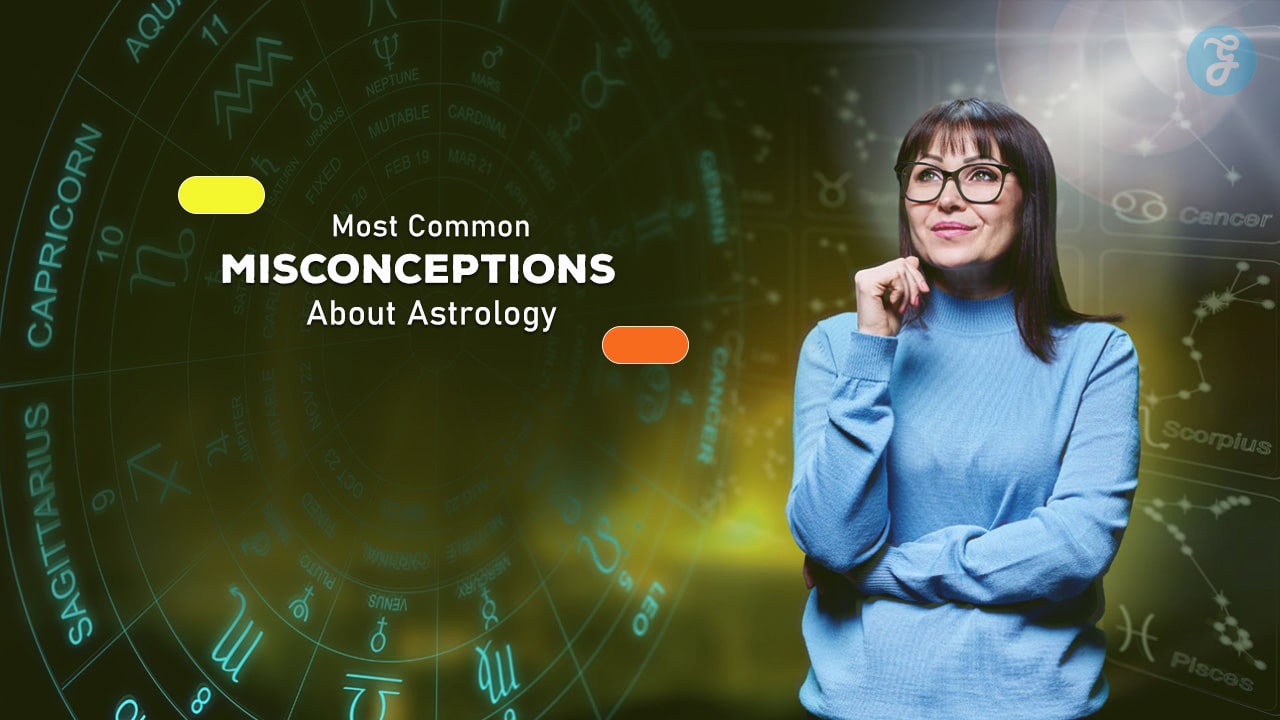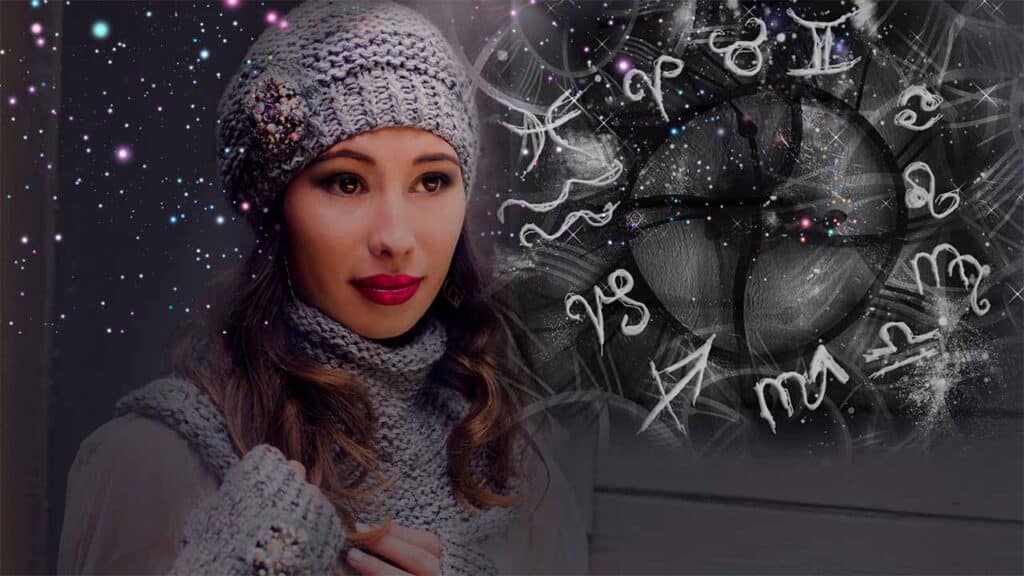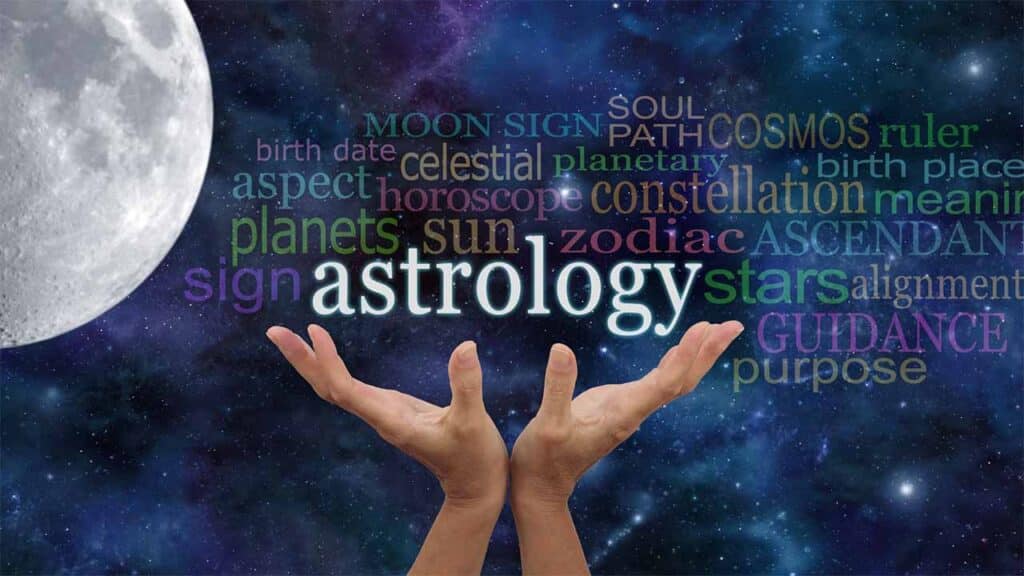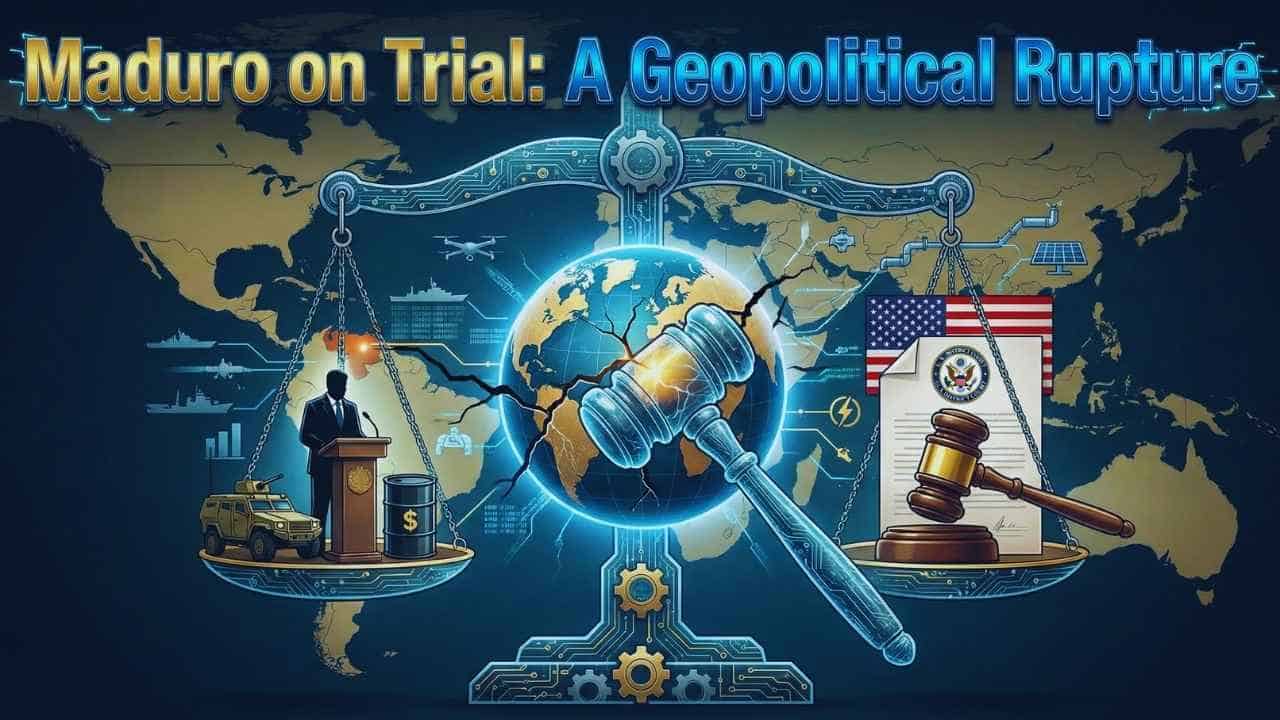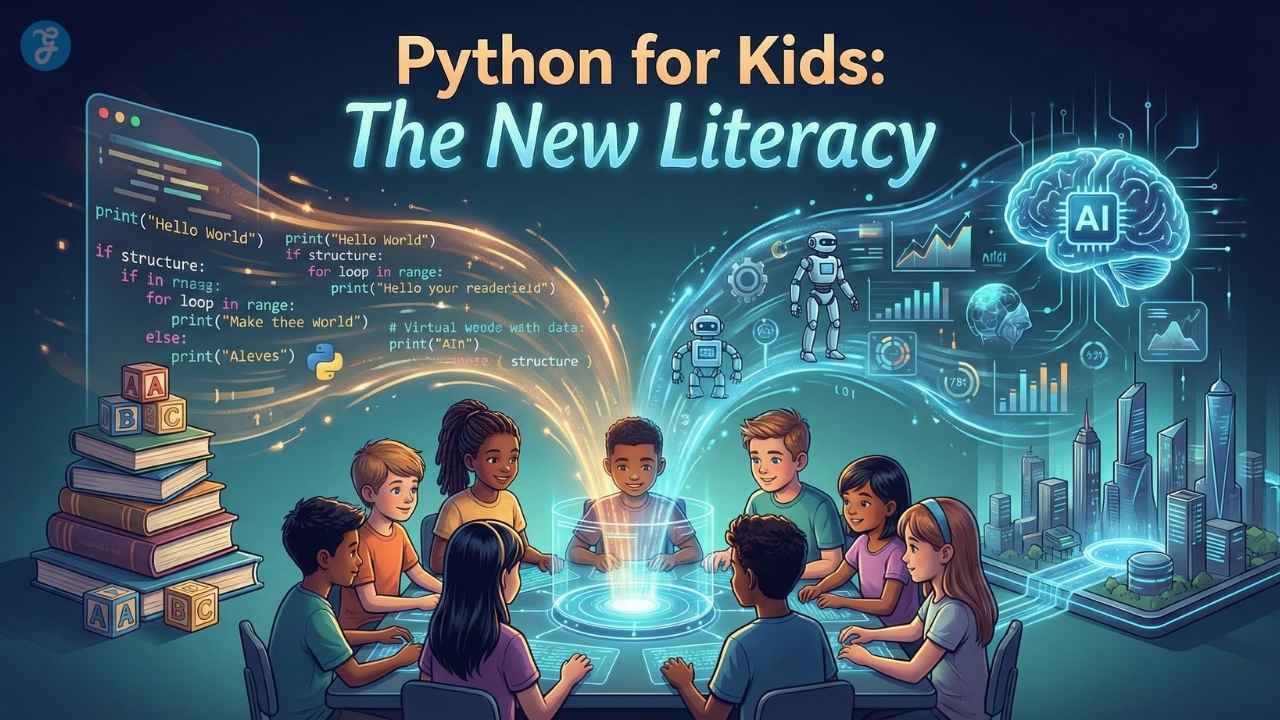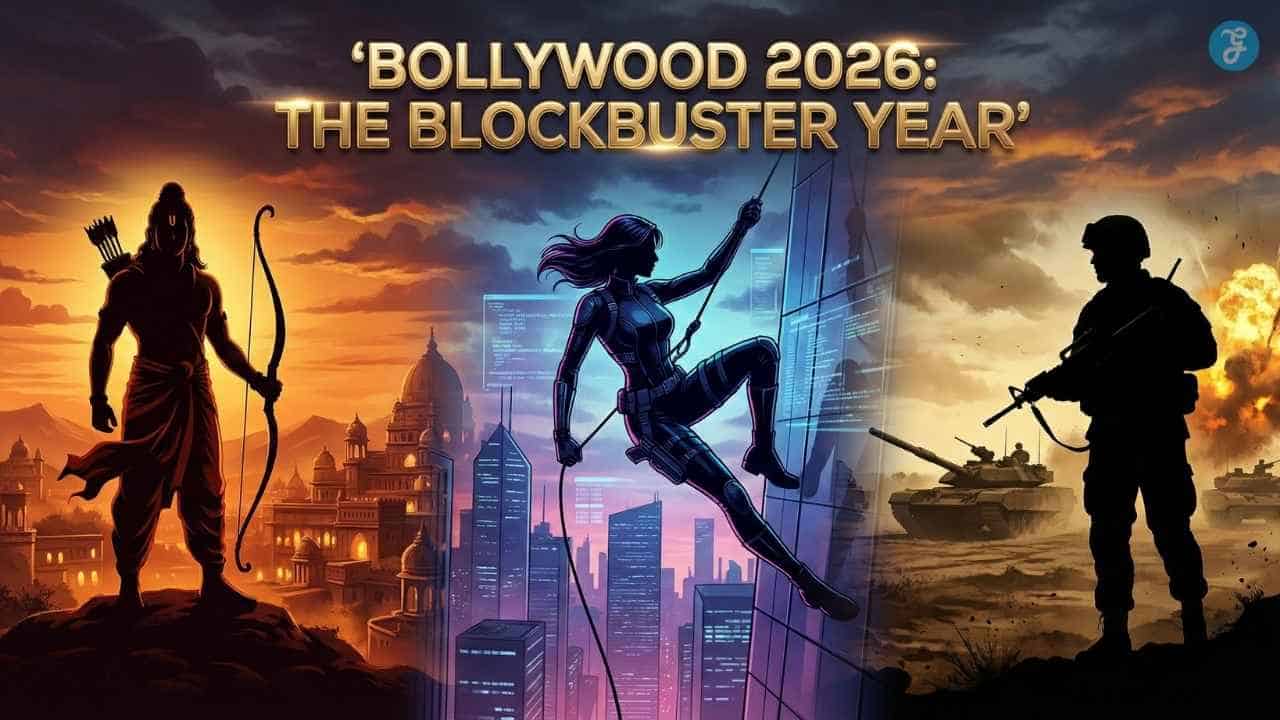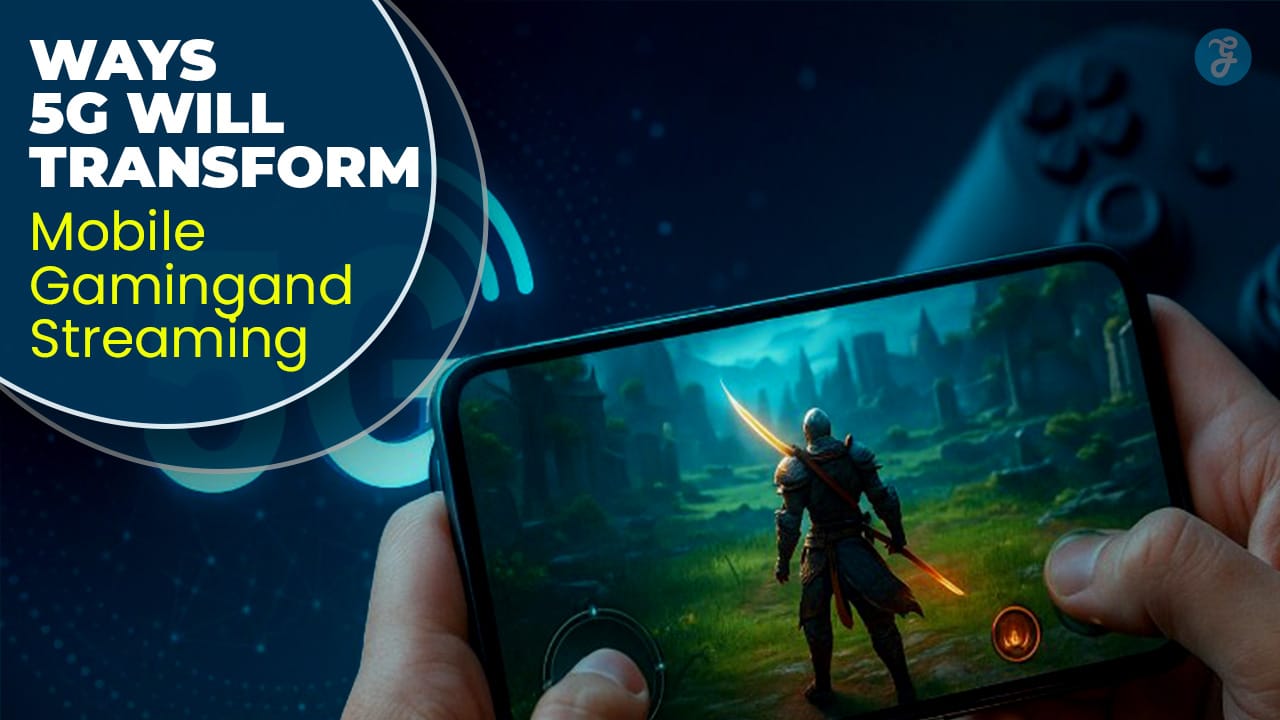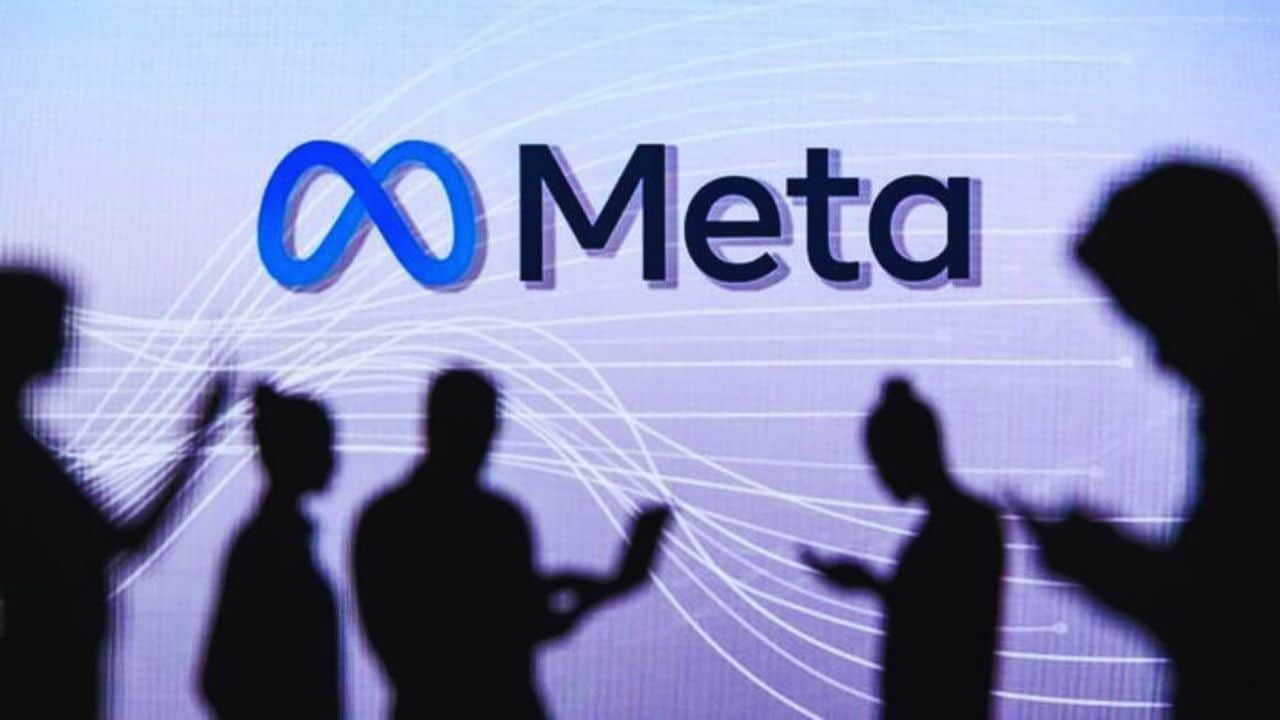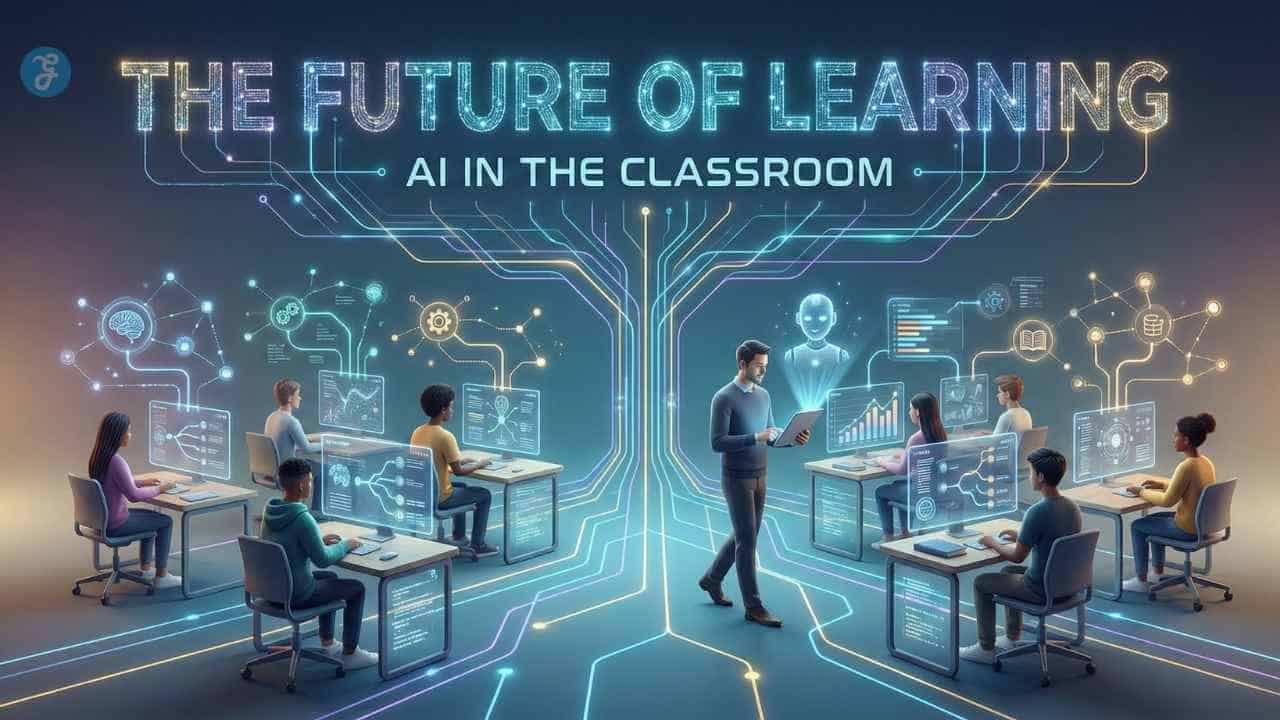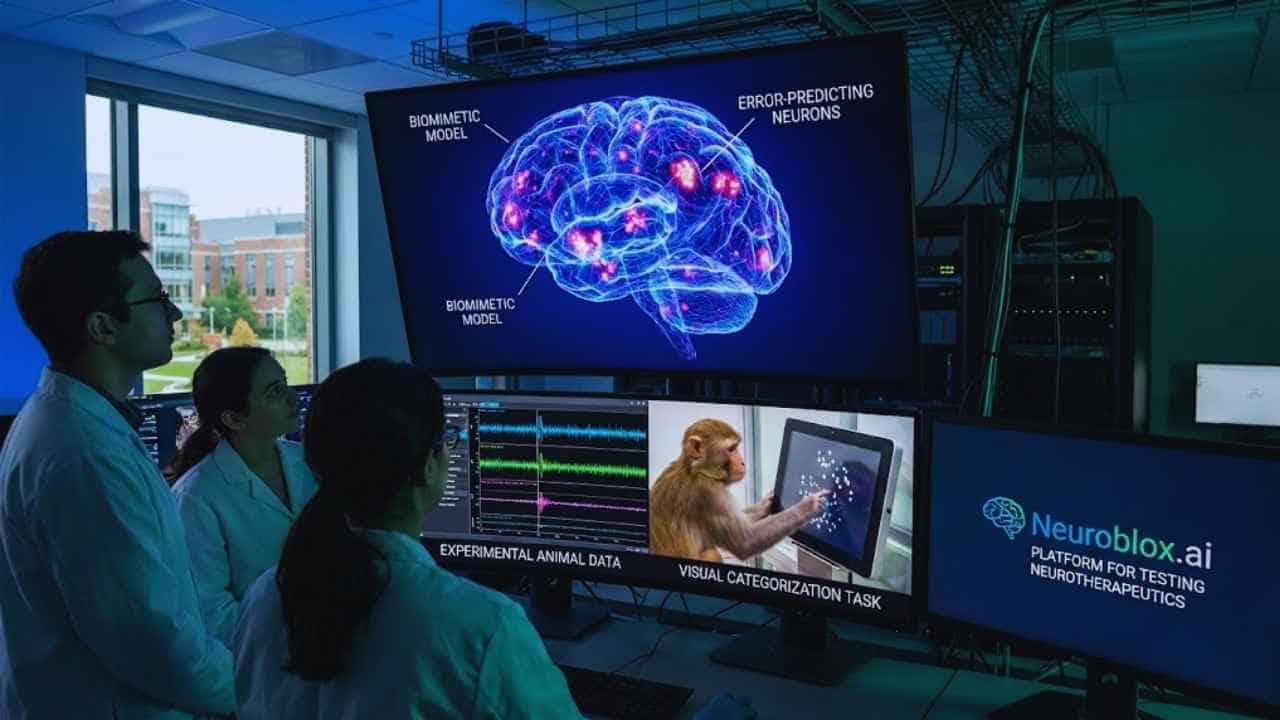Astrology has been around for thousands of years, yet it remains one of the most misunderstood and polarizing topics in modern culture.
While millions of people turn to astrology for guidance in their personal lives, many others dismiss it as superstition or entertainment. These opposing views arise largely from common misconceptions that obscure the deeper meaning and purpose of astrology.
In this article, we will explore the 10 most common misconceptions about astrology, clarify the truths behind these myths, and offer ways to connect with the real essence of astrology.
Along the way, we’ll encourage readers to challenge their existing beliefs and compete with themselves to see astrology from a fresh perspective.
Misconception 1: Astrology Is Just About Horoscopes
One of the most widespread misconceptions is that astrology is only about horoscopes—the daily or weekly predictions people see in newspapers, apps, or on websites.
These horoscopes are based solely on sun signs, making them broad and general. Many people associate astrology exclusively with these vague forecasts, reducing its depth and complexity to mere entertainment.
The Reality: While horoscopes are the most visible aspect of astrology, they represent only a fraction of what astrology encompasses. Astrology involves much more than just sun signs and daily predictions.
A full astrological reading takes into account a person’s entire natal chart, which maps out the positions of the planets at the exact time and place of birth.
This includes not just the sun sign, but also the moon sign, rising sign (ascendant), and the positions of other planets like Mercury, Venus, Mars, and more.
Each of these placements offers unique insights into different areas of a person’s life, including emotions, relationships, career, and challenges.
Connect and Compete Challenge:
Take the time to calculate your full natal chart using an online tool. Explore how different planetary placements shape your personality and life experiences beyond your sun sign. Compare your findings with daily horoscopes to see how much deeper astrology can go.
Misconception 2: Astrology Is a Superstition or Pseudoscience
Astrology is often dismissed as a superstition or pseudoscience by skeptics. They argue that there is no empirical evidence to support the claims made by astrologers, and thus astrology is nothing more than an outdated belief system with no grounding in reality.
The Reality: While astrology is not a science in the traditional sense of the word, it is not simply superstition either. Astrology is a complex system based on thousands of years of observation of celestial bodies and their effects on human behavior and events.
Ancient civilizations, such as the Babylonians and Egyptians, closely observed planetary movements and linked them to changes in nature and society. While astrology doesn’t rely on the scientific method, it is built on a system of patterns, symbols, and archetypes that offer insights into human nature and life cycles.
Modern astrology doesn’t claim to predict specific future events with absolute certainty, but rather provides a framework for understanding potential trends and energies that may influence our lives.
This is similar to how other holistic practices, like yoga or meditation, are used for self-awareness and personal growth, even if they don’t fit into a traditional scientific model.
Connect and Compete Challenge: Research the history of astrology and its early connection to astronomy. Discover how ancient cultures used astrology for everything from planting crops to predicting social shifts. This deeper understanding may help you appreciate astrology beyond the label of “pseudoscience.”
Misconception 3: All Astrologers Predict the Future
Another common misconception is that astrologers are fortune-tellers who claim to predict the future with certainty. This belief leads many to view astrology as unreliable, as no one can predict the future with 100% accuracy.
The Reality: Astrologers do not claim to predict specific events with certainty, but rather interpret planetary movements and their potential influences on a person’s life. Astrology is less about predicting exact events and more about forecasting trends, challenges, and opportunities based on the position of celestial bodies.
For instance, an astrologer might look at the upcoming transit of Saturn in a person’s chart and suggest that this could be a period of hard work, discipline, or restructuring, but they won’t be able to predict the exact events that will take place.
Astrology works by interpreting the symbolic meaning of planetary cycles, offering guidance on how to navigate life’s challenges. It can reveal tendencies and likely outcomes, but individuals still have free will to make decisions and shape their futures.
Connect and Compete Challenge: Follow a current astrological transit, such as Mercury retrograde, and journal how it affects your communication, travel, or technology. Compare your experiences with common astrological interpretations to see if you notice any correlations.
Misconception 4: Astrology Only Works If You Believe in It
Some people argue that astrology only “works” if you believe in it, suggesting that it operates like a placebo effect. They assume that people who believe in astrology are simply looking for confirmation of their biases, while non-believers would never find value in it.
The Reality: Astrology operates based on the principle that celestial movements influence human experiences, regardless of whether someone believes in it or not. For instance, planetary transits happen whether or not a person follows astrology.
Belief is not a requirement for these celestial cycles to have an impact, just as gravity affects us regardless of whether we believe in it.
However, while astrology can offer insights, its interpretations can be subjective. Some people find deep meaning in astrological readings, while others may not see any connection to their lives.
This doesn’t mean astrology is purely psychological—it is simply a tool that some resonate with more than others.
Connect and Compete Challenge: Keep an open mind and track how the next astrological event (like a lunar eclipse or full moon) coincides with your emotional or external life experiences. Try to observe without bias and see if there are any connections to the astrological interpretations of that event.
Misconception 5: Astrology and Astronomy Are the Same
Since both astrology and astronomy involve the study of celestial bodies, many people mistakenly believe they are the same thing. Some even assume that astrology is a branch of astronomy or that both are scientific fields.
The Reality: While astrology and astronomy share common origins, they are now two distinct fields. Astronomy is the scientific study of celestial objects like stars, planets, and galaxies. It is focused on the physical properties, motions, and origins of these objects. In contrast, astrology interprets the influence of celestial bodies on human lives, behaviors, and events.
The two disciplines diverged during the Enlightenment period, when science became more focused on empirical evidence. However, astrology has remained a powerful symbolic tool, offering insights into human experience and personal growth through the lens of celestial cycles.
Connect and Compete Challenge: Research the historical relationship between astrology and astronomy. Learn how early astrologers were also astronomers, and explore how ancient civilizations used both fields to navigate life and the cosmos.
Misconception 6: People’s Sun Sign Is the Only Thing That Influences Them
One of the most widespread misconceptions is that your sun sign, which is based solely on your birth date, determines everything about astrology. This often leads people to dismiss astrology because they don’t feel their sun sign accurately represents them.
The Reality: Your sun sign is just one piece of a much larger puzzle. A complete astrological reading takes into account not only the sun sign but also the moon sign, rising sign (ascendant), and the positions of all the planets at the time of your birth. Each of these placements governs different aspects of your personality and life experiences.
For example, your moon sign reflects your emotional nature, while your rising sign influences how you present yourself to the world.
Understanding all these factors provides a much more comprehensive view of your astrological makeup, making astrology far more nuanced than just sun signs.
Connect and Compete Challenge: Use an online tool to generate your full natal chart and explore how your moon sign, rising sign, and planetary placements affect your personality. Compare this deeper analysis with your sun sign alone to see how much more complex astrology can be.
Misconception 7: Astrology Is Only for Entertainment
Astrology is often seen as a form of entertainment, with many people enjoying reading horoscopes or sharing zodiac memes. This misconception leads some to believe astrology has no real value beyond light amusement.
The Reality: While astrology can be fun, it also serves as a valuable tool for self-reflection, personal growth, and understanding the cycles of life. Serious astrologers use astrology to offer insights into relationships, career choices, personal challenges, and life transitions.
Astrology can provide individuals with a deeper understanding of themselves and the world around them, helping them navigate difficult times and make more informed decisions.
In fact, astrology is often used alongside other wellness practices like meditation, journaling, and therapy to promote emotional and spiritual growth.
Connect and Compete Challenge: Explore a deeper aspect of astrology, such as a compatibility reading with a friend or a career analysis. Experience how astrology can offer meaningful insights beyond just entertainment.
Misconception 8: Astrology Determines Your Fate
Some people believe that astrology is deterministic, meaning it dictates your fate and that you have no control over your life if you follow astrology. This misconception can lead to the belief that astrology removes free will from the equation.
The Reality: Astrology does not determine your fate. Instead, it highlights the influences and tendencies present in your life based on planetary movements and cycles.
These influences can help you understand potential challenges or opportunities, but how you respond to them is up to you. Free will always plays a central role in how you navigate life’s events.
Astrology shows possible paths and helps illuminate patterns, but it never dictates what must happen. You remain the ultimate decision-maker in your life.
Connect and Compete Challenge: Think of a current challenge or opportunity in your life. Explore how astrology might interpret the situation and use that guidance to consider your options.
Reflect on how astrology can offer insight without taking away your power to choose your own path.
Misconception 9: Astrology Is for Women
Astrology is often stereotyped as something primarily for women, with many believing that women are more likely to engage with astrology than men. This misconception perpetuates the idea that astrology is not relevant for everyone.
The Reality: Astrology is for everyone, regardless of gender. Kings, philosophers, and scholars, many of whom were men, have historically practiced astrology. Today, people of all genders turn to astrology for guidance and self-awareness. In fact, many famous male figures in history, such as Carl Jung, incorporated astrology into their work.
Astrology speaks to universal human experiences, and its insights are valuable to anyone, regardless of gender.
Connect and Compete Challenge: Challenge gender stereotypes by researching male astrologers and historical figures who used astrology. Find out how people from all ages, genders, and social backgrounds have used astrology.
Misconception 10: Astrology Has No Place in Modern Society
In today’s world, where science and technology dominate, some people believe astrology is outdated and has no place in modern society. They see it as a relic of the past, with no relevance to contemporary life.
The Reality: Astrology remains highly relevant in modern society as a tool for self-reflection, emotional intelligence, and understanding life’s cycles. Many people find comfort in astrology, especially during uncertain times, as it offers guidance and insight into both personal and collective experiences.
Astrology has even seen a resurgence in recent years, particularly among younger generations. It is often integrated into wellness practices like meditation, mindfulness, and journaling as a way to explore deeper aspects of oneself.
Connect and Compete Challenge: Explore how astrology can be part of a holistic approach to modern life. Try using astrology as a tool for personal growth, journaling, or self-care to see how it can offer insights into your emotional and spiritual well-being.
Conclusion: Embracing Astrology with an Open Mind
Astrology is much more than the simple horoscopes and sun sign stereotypes that many people associate with it. By debunking these 10 common misconceptions, we hope to encourage you to approach astrology with a more open and curious mind.
Whether you view astrology as a tool for self-reflection, personal growth, or simply a fun way to connect with others, it can offer meaningful insights into your life.
As you explore astrology, challenge yourself to go beyond the myths and discover the rich history, complexity, and depth that astrology has to offer.
Embrace the idea of “Connect and Compete” by deepening your understanding of astrology and sharing your journey with others. After all, the stars may not dictate our destiny, but they can certainly help us navigate the path ahead.


